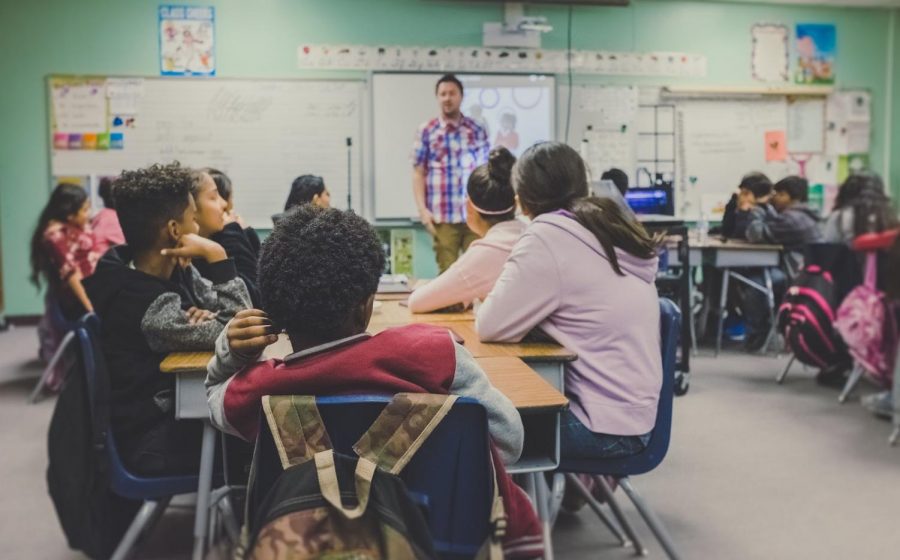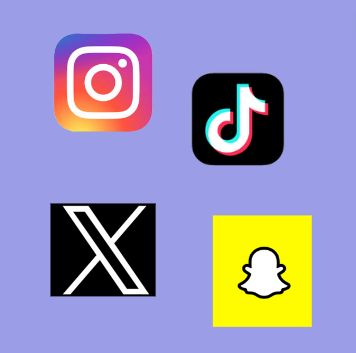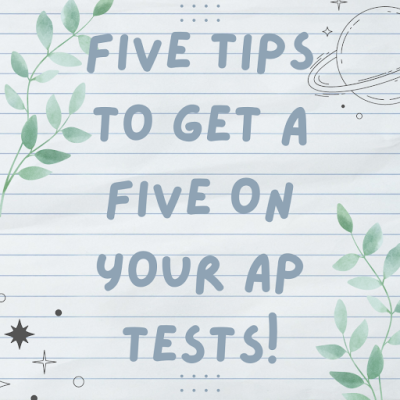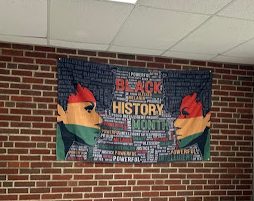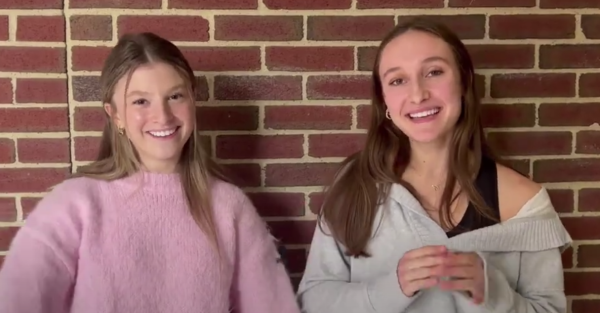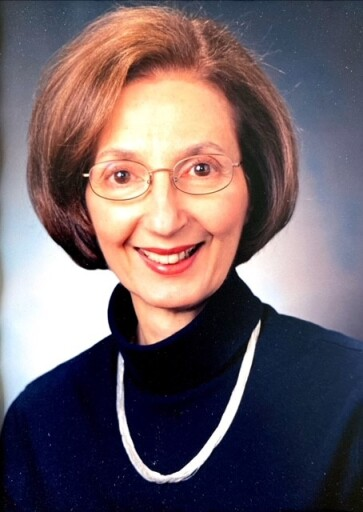Special Education During Covid-19 at SHS
November 24, 2020
This year has resulted in many changes for Solon High School (SHS). Students have had to adapt to new ways of learning online via Google Classroom and Zoom, while others have also had to adapt to hybrid learning which requires mask wearing, frequent sanitation and social distancing. While general education students are no longer in the SHS building, the Immediate Reinforcement and Remediation (IRR) classrooms will remain open.
Special education students, like general education students, were given the choice between in-person learning or continuing with online school for this year. Students who chose to do in-person school returned in August to adjust to Covid precautions before general education returned. Special Education teacher at SHS Dina Weber, said that with online learning during last school year, she and her fellow colleagues did not have any hands-on interaction with students.
“We had to learn how to completely learn how to do everything differently and how to get hands-on resources to students virtually,” Weber said, referring to the initial shutdown in March. “We had to recreate [activities and resources].”
Weber said that online plans would struggle to work or fall apart due to the complex nature of the situation. In addition, some resources would not work on some students’ computers or the resource would get taken down from the internet. Special Education teacher Meghan Nye said that the computer alone caused issues for some of her students.
“Sometimes the computer can be overstimulating for a lot of our students,” Nye said. “You click one wrong thing, and you’re in the wrong place. Physical hands-on activities are the most beneficial, so to have that removed was very difficult.”
Weber and Nye, who share an IRR classroom with a handful of students who require constant supervision, agreed that returning to school was beneficial to their students because in-person learning is the best method for their students and so they could teach and have their students learn to wear personal protection equipment (PPE), proper sanitation and to social distance.
“We were just practicing all of those skills to maintain their safety,” Nye said. “How do we wash our hands really thoroughly? We have been talking about this, but now we can actually physically do it with them. How do you sanitize your hands safely? We’ve talked about it, we’ve watched videos virtually, we have sent home social stories, but now we actually get to do the practice of it.”
Nye also said that teaching self-advocacy skills are crucial in order to help students when they are feeling overwhelmed. Teaching self-advocacy phrases for needing a break or being mad about certain things that can no longer be done is helpful for both the student and teachers to adjust to the new way of learning and when a moment to pause is needed.
The Bungalow café, which was run by the special education students to teach skills to prepare for the workplace and social situations, is closed this year. In order to compensate for the disbanded Bungalow café, the traveling café was put in place for the 2020-2021 school year, as well as new jobs in the classroom and around the building. Field trips that special education students took in previous years are now virtually simulated. In addition, IRR classrooms have lost their peer leaders for in-person school.
Assistant Principal Erica Kosiorek said students who have Individualized Education Program (IEP), are still receiving necessary minutes with interventionalists and therapists, even if for some students the time is online. Kosiorek also said that having general education back in the SHS building is beneficial to special education students as well
“[Special education students] get to have more interaction with students because there are more students in the building who had a peer leader,” Kosiorek said in an interview conducted before the shutdown of general education. “Now [general education students] can come into the classroom and work with the kids in-person versus over the computer.”
For the majority of people in this world, the future is uncertain. Even as some special education classrooms in other Solon schools are being shut down due to possible contaminations, Weber, Nye and Kosiorek agree that taking one day at a time gives the best positive outlook for themselves and their students at SHS.

